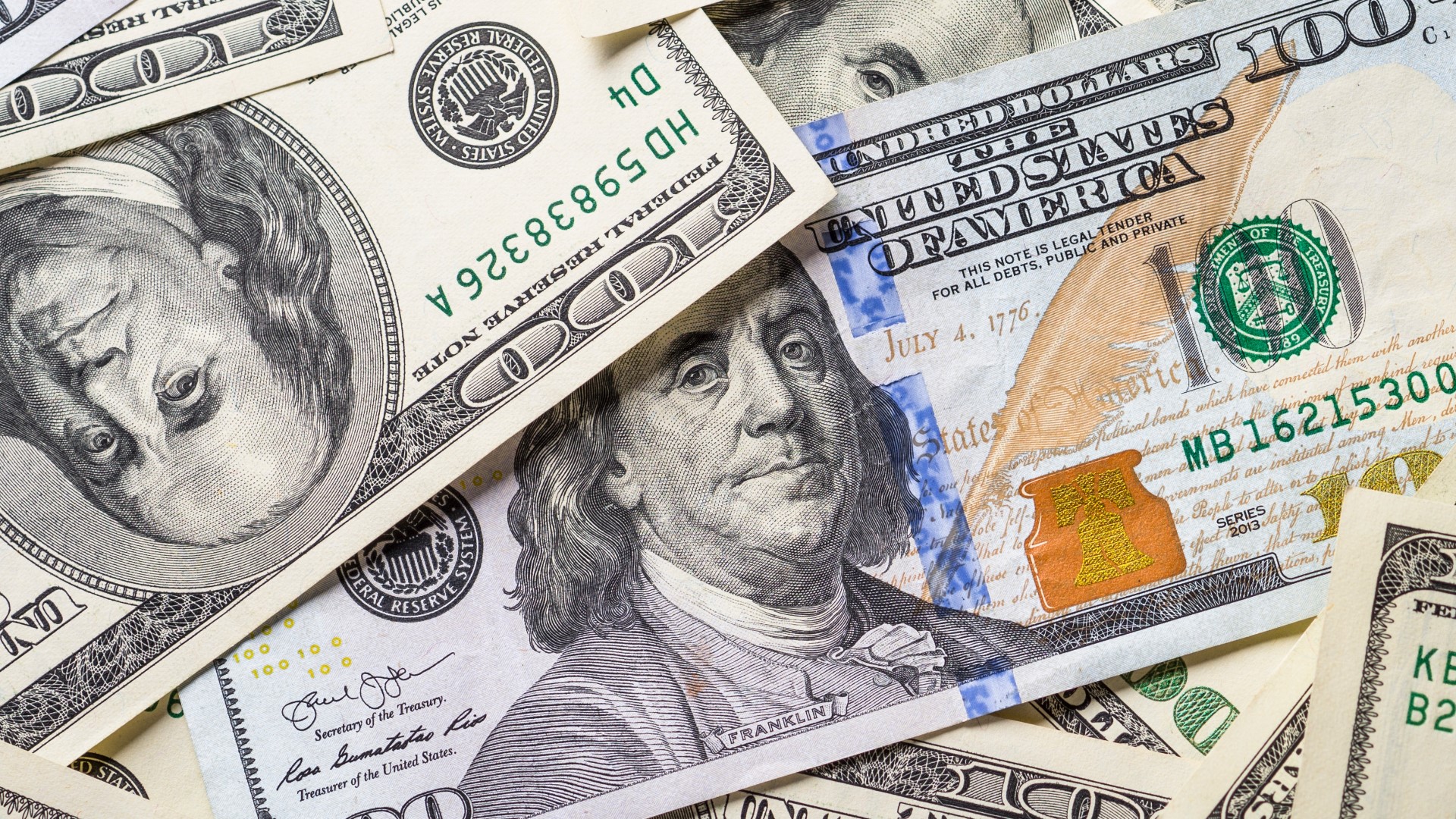SEATTLE — Initiative 2109 is one of several initiatives that will appear on the November ballot for voters in Washington state.
It's one of four sponsored by the group, "Let's Go Washington."
Here's everything you need to know before casting your vote this November.
What is Initiative 2109?
Initiative 2109 aims to repeal the state capital gains tax, which is imposed annually on the sale or exchange of long-term Washington capital assets. The state capital gains tax applies to an individual with an adjusted annual Washington capital gain above $250,000.
The Legislature did not act on I-2109 during its regular session. Now it will be submitted to the people for approval or rejection in the Nov. 5 general election.
What are capital gains?
State lawmakers passed a capital gains tax in 2021 that taxes 7% off the sale or exchange of stocks, bonds and other assets above $250,000, with some exemptions. The money goes to measures like childcare subsidies for qualifying families, bonuses for childcare centers offering hard-to-cover hours, and school construction. The tax went to the state Supreme Court and was ruled constitutional.
Most property owned by an individual for personal purposes is considered a "capital asset." This includes houses, furniture, cars, stocks and bonds. Selling these items could result in a capital loss or a capital gain.
Officials said short-term capital gains or losses are from items held for one year or less. Long-term capital gains apply to assets held for more than one year. These gains and losses could have federal and state tax implications.
Short-term capital gains are taxed at your ordinary income tax rate, while long-term capital gains are generally taxed at a "preferential rate" in comparison to ordinary income.
Some property is exempt from a federal capital gains tax, however. These include stock in trade and other inventory, accounts or notes receivable, depreciable property, real estate used in a trade or business, and certain hedging transactions. You do not need to report the sale or exchange of a main home in some circumstances.
Capital gains exemptions
The following are exempt from the state capital gains tax:
- Real estate
- Interest in an entity owning real property, but only to the extent that any long-term capital gain or loss from sale or exchange can be directly attributable to the real estate owned directly by an entity
- Common types of retirement assets
- Assets condemned by the government
- Cattle, horses, or breeding livestock if 50% of the taxpayer's gross income is from farming or ranching
- Commercial fishing privileges
- Certain depreciable property used in trade or business
- Goodwill received from the sale of an automobile dealership
- Timber, timberlands, or receipts from a real estate investment trust
What does voting "Yes" on I-2109 mean
Voting yes on I-2109 would mean you are in favor of repealing the state capital gains tax. If the majority of the public votes in favor, I-2109 would take effect 30 days after the general election.
Brian Heywood sponsored several initiatives through Let's Go Washington, including I-2109.
"I'm not trying to force this one way or another, obviously I have an opinion," Heywood said in May. "I think it's bad for the state and bad for the economy but really what we're doing here is giving the voters a choice."
Heywood argued the capital gains tax is "volatile" and not the right source of revenue to fund early childhood education. He believes the capital gains tax is a "gateway" to a future income tax.
What does voting "No" on I-2109 mean
Voting no on I-2109 means you favor Washington's current capital gains tax. If most of the public votes against I-2109, the current law will remain in place.
Earlier this year Gov. Jay Inslee said funding raised by the capital gains tax supports childcare subsidies and educational programs
Opponents of I-2109 believe repealing the tax could have a "ripple effect."
"Losing students, losing funding, then the staff," said Diana Lanes, who runs a daycare and preschool serving families. "If I [can't] provide for the families, [they can't work and] they'll get behind on their own bills and stuff."
Voters will have the chance to weigh in on a potential repeal on Nov. 5.

